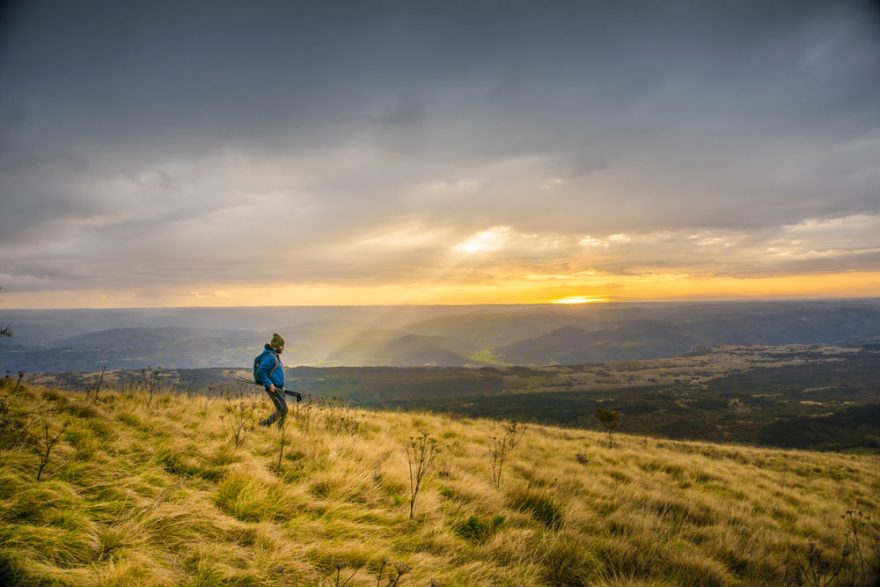
Thinking of becoming a solo hiker when your friends aren’t able to join you? Or maybe you just enjoy being in your own company? Whatever the reason is, many people enjoy going solo on a hiking trip.
There’s something about being alone in the wilderness, with nothing but the sound of birds tweeting and branches creaking in the wind. You can fully immerse yourself in nature, without facing any distractions.
Although there are many benefits to going hiking alone, there are a few points that you need to take into consideration. It’s not as simple as hiking with companions; you’re the only one there to look after yourself. By following the tips below, you can conquer solo hiking safely.
Know The Area You’re Hiking
One of the main rules to abide by when solo hiking is to avoid unfamiliar locations. If you’ve never hiked in the area that you’re planning to visit, leave it until another day when you have a companion to walk with.
When you’re walking in new territory, you don’t know what you’re going to run into – there could be dangerous wildlife, poisonous plants and even rivers to cross throughout the hike.
By going to a place that you’ve already been to with friends, you’ll know what to expect, but the experience that you have will still be entirely different on your own. You should also stay local to your hometown – don’t venture too far incase anything were happen to you.
Check Up On The Latest Weather Report
Even if you’re going to an area that you’re familiar with, it’s important for you to look at the weather. If it’s rainy, icy or snowy, you should avoid going hiking alone as these conditions put you at greater risk of injury. The weather report can change within 24 hours, so make sure that you check it on the morning of the day you’ve planned the hike.
Tell Your Family and Friends Where You’re Going
It’s all well and good telling your friends or family that you’re going out for a hike, but if they neglect to ask you which location you’re going to, they wouldn’t be of much help if anything were to happen to you. Make sure that you tell someone exactly where you are going to be hiking. Better yet, text them the location so that there’s no chance of them forgetting.
If you did happen to get into a spot of trouble while out on your hike, and you couldn’t get in touch with anyone for help, your family and friends would soon notice that you were missing and they can give your location to emergency and rescue services. Remember, though, once you’ve told someone the area that you’re heading to, don’t change your mind last minute.
Choose A Trail That’s Popular
When you’re going solo hiking, it’s either because you want some alone time or your friends weren’t able to join. Whatever the reason, you should choose a trail that you know is popular. It doesn’t have to be a one where every two minutes you go past a group of fellow walkers, but choose a hike where you know that if you got into some trouble, someone would find you.
Bring The Necessary Items and Gear
When you’re going out for a hike on your own, it’s especially important to ensure that you’ve packed all the supplies that you may need. If you happen to forget something, your hiker friends can’t save the day, so make a checklist and tick off the items as you pack them. Essential supplies are food, plenty of water, a first aid kit, a map, a fleece or sweater, your phone and a compact waterproof.

 Your Privacy Choices
Your Privacy Choices
 The
The